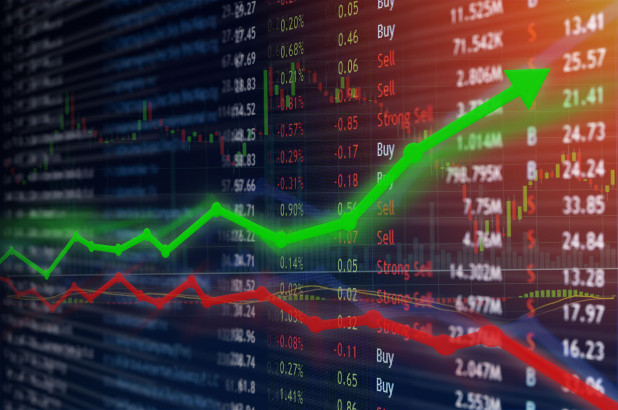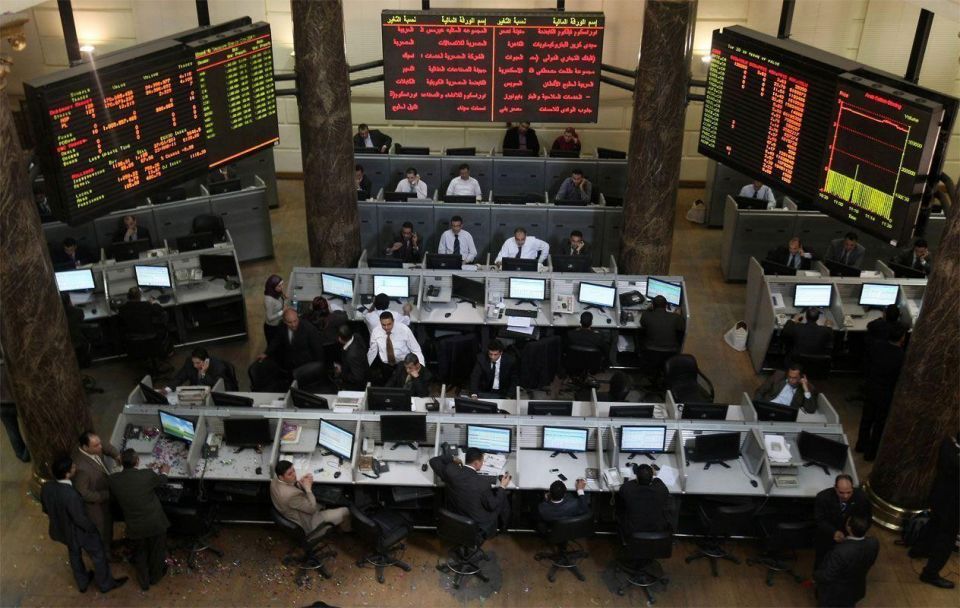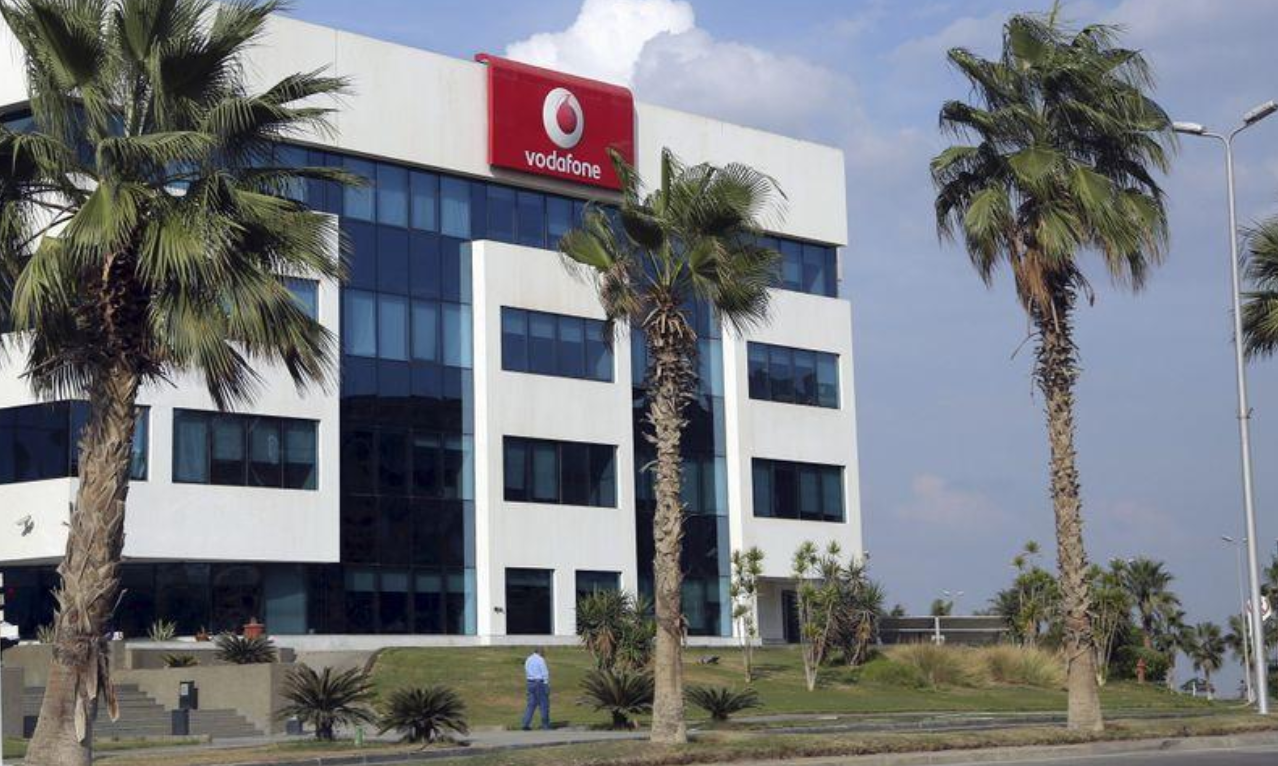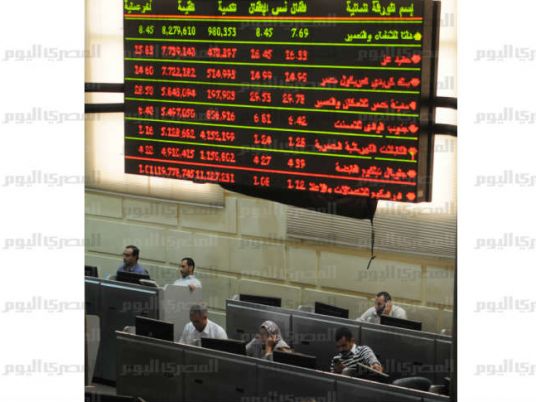The Egyptian Exchange’s benchmark index plunged Tuesday, with investors taking their cues from other international markets spooked by fears of a global recession.
The EGX30 closed down 4.75 percent, at 4,478 points, after rebounding from a near 6 percent slide earlier in the session. Global markets have been taking a pummeling as investors move their money to safer investments. The downgrade of the US’s credit rating by Standard & Poor’s late Friday triggered the worldwide sell-off.
The fall on the Egyptian Exchange was the steepest of the day in the main Arab markets, a beating brokers attributed to a combination of political uncertainty in the country after the revolution that ousted former President Hosni Mubarak and the market’s typically volatile nature.
The benchmark hit a 5 percent loss, triggering a 30-minute suspension. But investors resumed their sell-off after trading started up again.
The decline brought the index’s year-to-date losses to a whopping 37 percent, offering more bad news for a country mired in post-revolutionary economic difficulties.
“It’s all about international sentiment,” said Mostafa Abdel-Aziz, a senior broker with Cairo-based investment bank Beltone Financial’s brokerage division. “You need to see some sort of stability or consolidation in the international market to get some appetite back into this market.”
Mideast markets were among the first to react to the S&P downgrade, because the business week in most of the Arab world begins on Sunday. Exchanges in Egypt and other Mideast nations dropped and posted mixed results on Monday, but continued their slide Tuesday as key European and Asian markets took a beating.
The Dubai Financial Market closed almost 2 percent weaker at 1,444 points, while Saudi Arabia’s benchmark Tadawul index close down 0.8 percent at 6.008 points.
Egypt’s stock market has traditionally been more volatile than others in the region, in part because of the diversity of investors that include locals, Westerners, Gulf Arabs, and foreign and domestic institutions. Adding to the angst is the continued political uncertainty following the 25 January uprising that left the military in control while the country tries to engineer a transition to a new civilian government.
“People thought the market should stabilize today,” said Khaled Naga, a senior broker with Mega Investments. “But unfortunately we seem to have gone back to linking to movement on the European and US markets.”
After the uprising, the Egyptian Exchange imposed mechanisms to cool the market if the benchmark index fell 5 or 10 percent.
The revolution has battered Egypt’s economy, sharply curbing manufacturing activity for months as workers went on strike to demand better wages.
Economic growth projections for the current fiscal year have been scaled back as low as 1 percent from earlier forecasts of about 6 percent, while the country’s foreign currency reserves have fallen by almost 30 percent to slightly under US$26 billion since December.




